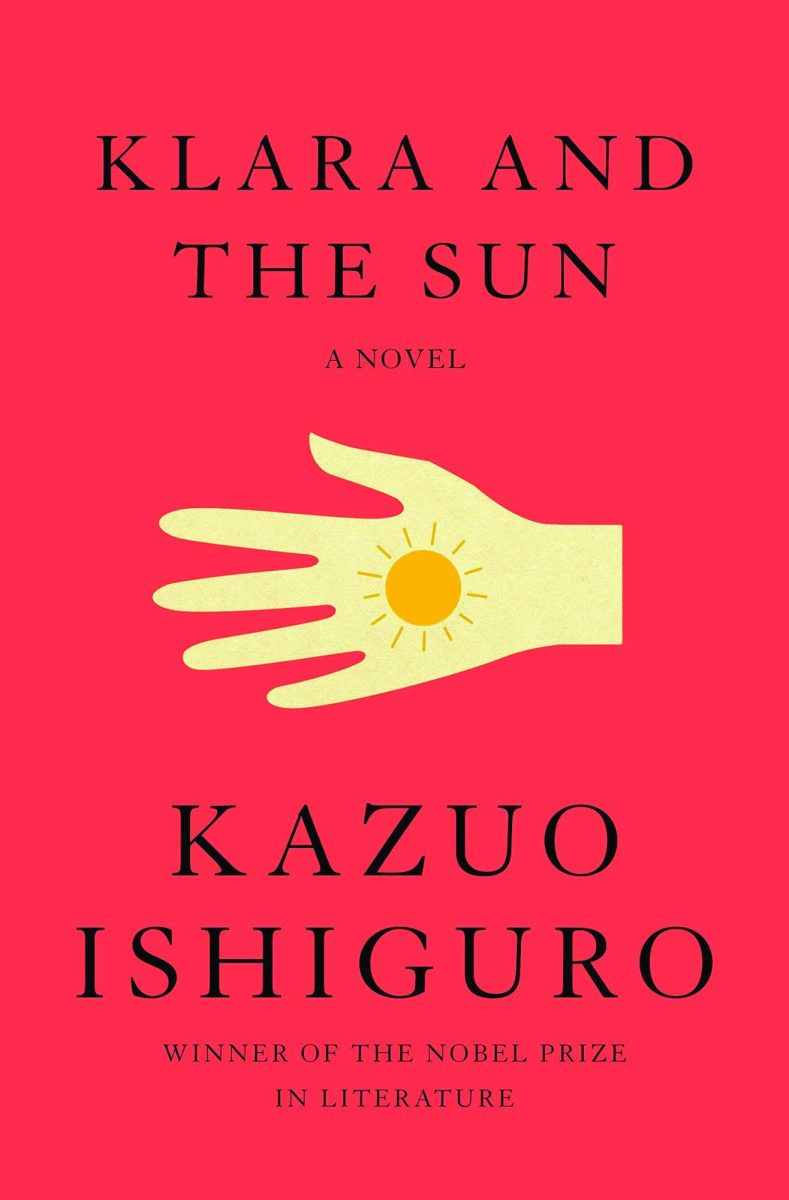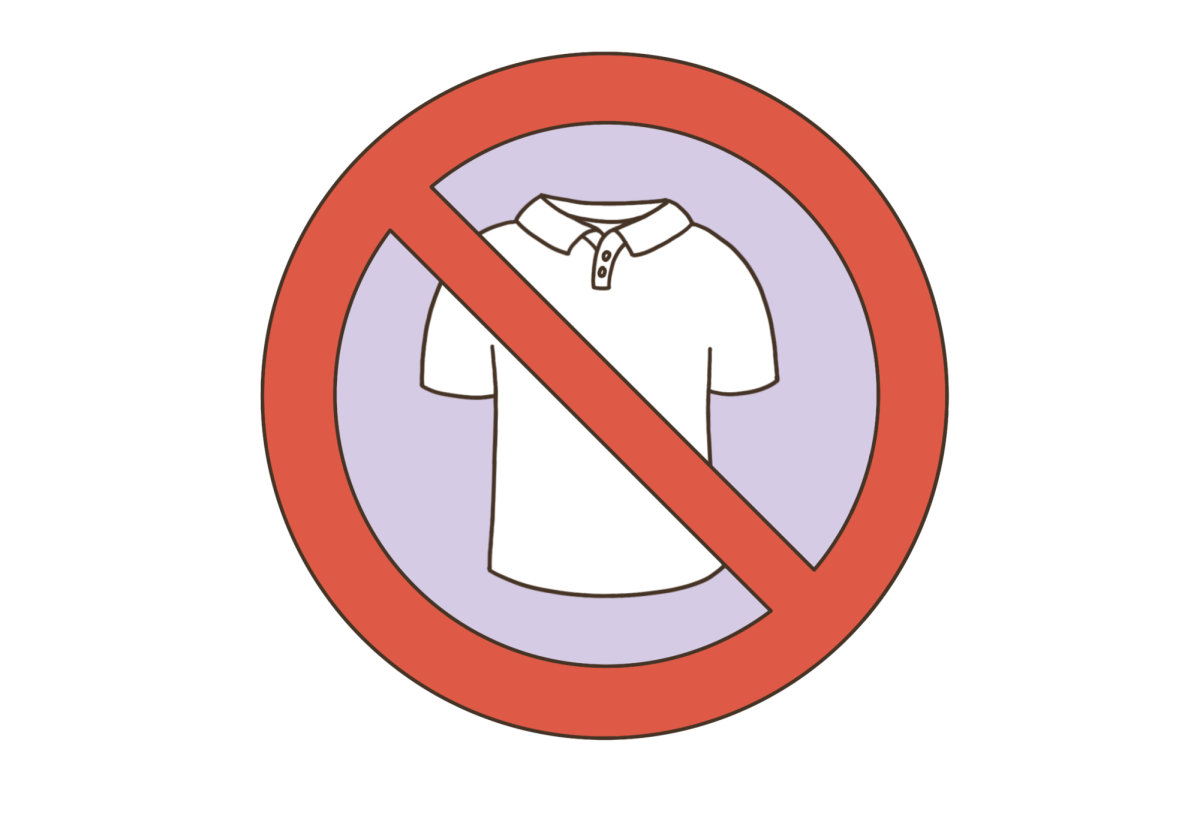We have seen that artificial intelligence (AI) has been taking over many artforms, including literature. With AI on the rise, it can be hard to decide what writing is authentic. AI is scary, possibly dangerous and definitely, a really bad writer. Unlike my contempt for AI writing, here are two fiction books about AI written by humans that are worth reading.
“Klara and the Sun” by Kazuo Ishiguro
“Klara and the Sun” is narrated by Klara, an AI robot who looks like a human girl. She is purchased by the family to be their daughter’s Artificial Friend. Reading a story through the eyes of a robot was definitely a novelty for me. It definitely seems challenging, and Ishiguro deserves credit for trying to write from an AI’s perspective. However, the writing style of the book was a little irritating in my opinion. The premise of the book was intriguing, but the voice didn’t seem to find a balance between believably “robotic” while also being written in a way that didn’t seem eerily like ChatGPT. I know that that might have been an intentional decision, but I personally found that this writing choice tended to make the book more than a little boring. Despite being a machine, Klara doesn’t understand much about the human world, which annoyed me. If she’s been built by humans, shouldn’t she at least have a human-level base of knowledge? Whatever qualms I might have had over the narration style and the characterization of Klara, the plot of the story was still more than enough to keep me going. As the book continues, the story unfolds more and more darkly while secrets about the child who Klara has been purchased for – and why she was bought in the first place – are revealed. “Klara and the Sun” was overall a deepdive into AI and human connection. The novel processes the way that human nature is connected to how we learn and decide.
“Daughter of the Deep” by Rick Riordan
When my friend first recommended this book to me and told me the author’s name, my initial reaction was: Isn’t that the Percy Jackson guy? While Riordan’s more popular books feature modern-day Greek myths and heroes, “Daughter of the Deep” brings the story of Jules Verne’s 20th century novel “20,000 Leagues Under the Sea” back to life. (For those not familiar: Verne’s novel centers on Captain Nemo-formerly Prince Dakkar-whose family was killed during imperialist invasions in India, leading him to seek vengeance on said invaders with his ahead-of-its-time submarine/home, the Nautilus.) In Riordan’s 2021 novel, readers follow Anna Dakkar, Captain Nemo’s descendant. She and her classmates attempt to salvage her ancestor’s scientific research, the most important being the Nautilus. Throughout Verne’s book, the Nautilus is described as a “mysterious sea monster” by those who don’t know what it is. Riordan takes this detail and runs with it, spinning a tale about sentient technology, vengeful AI and the price of knowledge. Having read probably more than my fair share of Riordan’s other books, I loved the angle of this one. The premise was fascinating, the plot was well-paced and engaging and the characters were well-developed. “Daughter of the Deep” combined the typical humor of the author’s more popular books with a shockingly dark tale. It made the book historical yet contemporary as it delved into topics around the weaponization and commercialization of technology.
With AI becoming so prevalent in our modern day society (for better or worse), reading these two books with different messages about technology was a fascinating experience. I’ll definitely be looking for more books about AI in the future.







